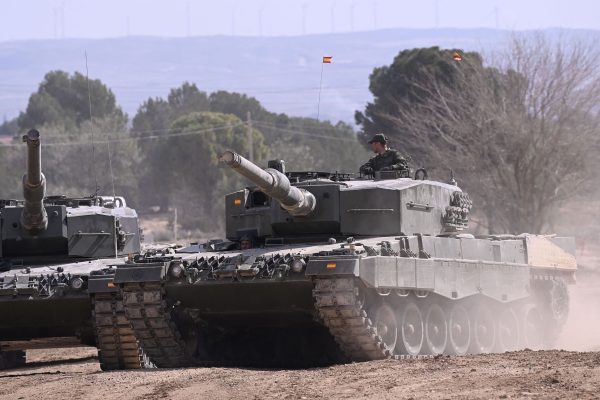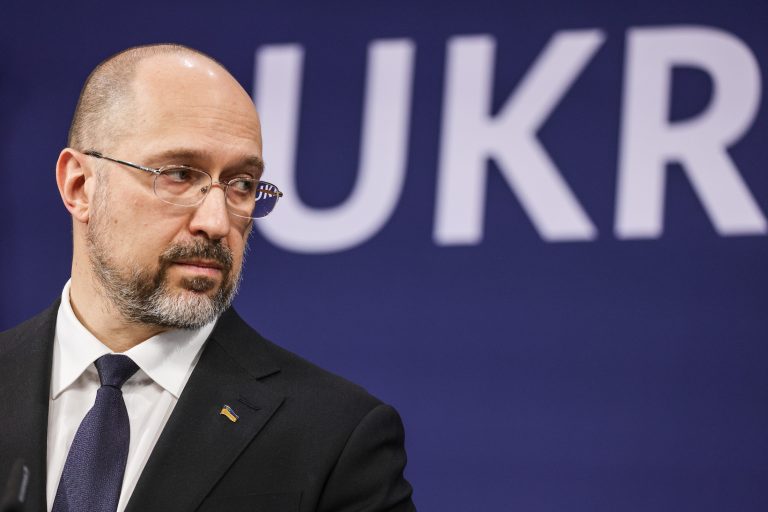In an April 11 interview with The Hill, Ukrainian prime minister Denys Shmyhal said that there was “no pressure” on his government to launch a counteroffensive against Russian forces that was originally expected for spring, and that the operation could possibly be delayed to as late as summer.
According to Shmyhal, the loudest calls for an immediate counterattack come from within Ukraine, as Russian forces besiege the eastern city of Bakhmut.
“All of our friends and partners do comprehend clearly that in order to go into counteroffensive, one must be 100 percent, and even more percent prepared to do so,” Shmyhal told The Hill while in Washington D.C., where he is attending the spring meetings of the International Monetary Fund (IMF) from April 10 to April 14 and World Bank from April 10 to April 16.
Prospects for a spring counteroffensive, originally announced by the Ukrainian government in mid-March, were swamped by bad weather. Spring rains and even a bout of snow in the vicinity of Bakhmut hampered vehicular operations by turning fields and many roads into mud.

Ukraine is set to receive shipments of advanced Western tanks, including the British Challenger 2 and German Leopard 2, as well as other Western-built vehicles and equipment. It’s expected that these arms will be deployed with new “assault brigades,” but it will take time to train and integrate the men and machines properly.
Success
You are now signed up for our newsletter
Success
Check your email to complete sign up
Fighting continues along the front, focused on the Donbass and Zaporozhzhia regions. In the north, Russian army units make opportunistic attacks, while reinforcing a bulge north of Bakhmut that it took earlier this year.
Ukrainian forces have repelled several attacks in the coal-producing area of Vulhedar in the southern Zaporizhzhia oblast, but to the immediate northeast, near the industrial metropolis of Donetsk, a slow-moving Russian advance is creating a new salient around Adiivka, a small city heavily defended by the Ukrainians.













